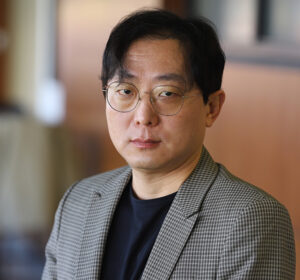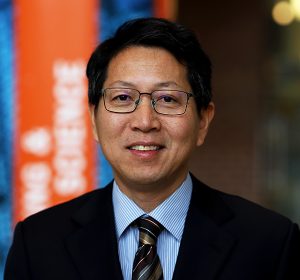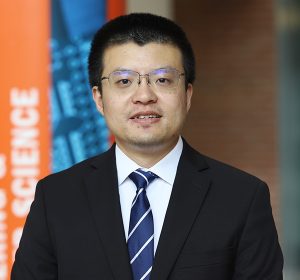Energy systems are vital to our society and daily living, playing a pivotal role in economic development. These systems are essential for energy production, conversion, transmission or transfer, storage, and utilization. ECS researchers are engaged in a wide range of energy systems research and made significant advancements in the areas of smart grid and building energy efficiency, energy conversion and storage, as well as biofuels and renewable energy sources. These research activities greatly improve the balance between energy supply and demand, increasing the energy efficiencies of buildings, industrial facilities and urban communities. Research in this area also makes major contributions to next-generation batteries for electrical power storage and utilization, conversion of biowastes into energy, heterogeneous catalysis for biofuel production, and maximizing the use of renewable energy such as solar, wind and geothermal sources.

One area of active research is Smart Grid and Building Energy Efficiency. Profs. Sara Eftekharnejad and Bing Dong examine the reliability and stability of power systems and develop approaches to optimize the energy supply and utilization of an urban community. As another example, the team of Dr. Bing Dong designs smart control algorithms to optimize the operation of buildings to reduce energy consumption based on building occupancy. Dr. Bing Dong has led an international collaborative group to develop a Global Building Occupant Behavior Database. Profs. Jensen Zhang and Bing Dong have collaborated with Profs. Bess Krietemeyer and Nina Sharifi of the School of Architecture in major DOE-funded research to develop and demonstrate integrated whole-building energy efficiency retrofit solution for residences in cold/very cold climates.
Some notable Engineering and Computer Science news stories in energy systems include:
- Battery research from Mechanical and Aerospace Engineering Professor Quinn Qiao was awarded Funding from the Raymond Corporation
- Mechanical and Aerospace Engineering (MAE) Assistant Professor Lihong Lao has received a research grant from the American Society of Heating, Refrigerating and Air-Conditioning Engineers (ASHRAE). With ASHRAE’s support, Lao will study the impact of corrosion on equipment in data centers located in coastal regions.
- Electrical Engineering and Computer Science Professor Senem Velipasalar is the Chief Technology Officer of Lamarr.AI, a startup that comes from collaborative research efforts of Syracuse University, Massachusetts Institute of Technology (MIT), and Georgia Institute of Technology (Georgia Tech). The startup uses drones, thermal and visible-range imaging, and AI to autonomously inspect building exteriors to lower carbon emissions, maintenance, and ownership costs
- Prof. Quinn Qiao’s NSF-IUCRC award
- Prof. Sara Eftekharnejad’s NSF CAREER Award
Please explore the departmental webpages or the researchers’ websites below for more information.














